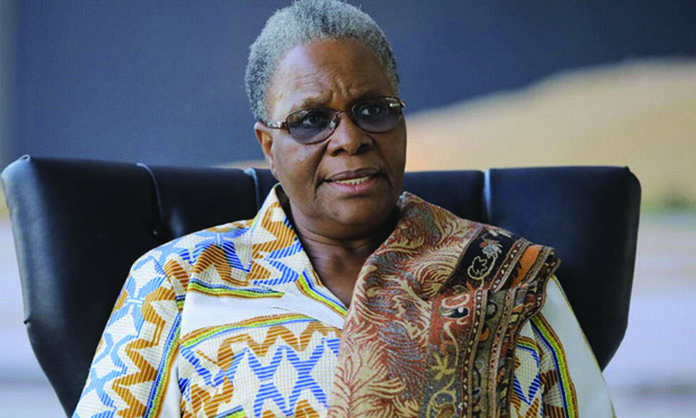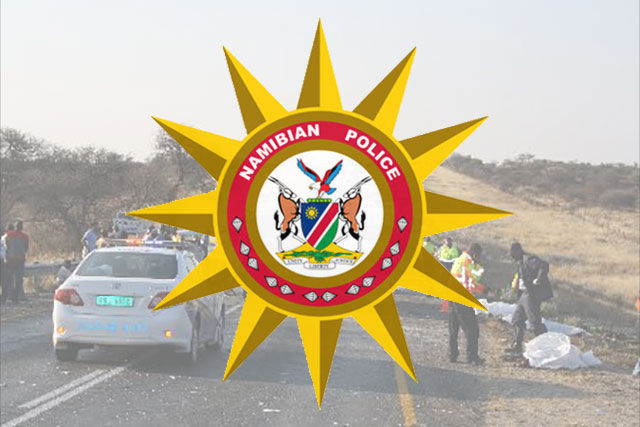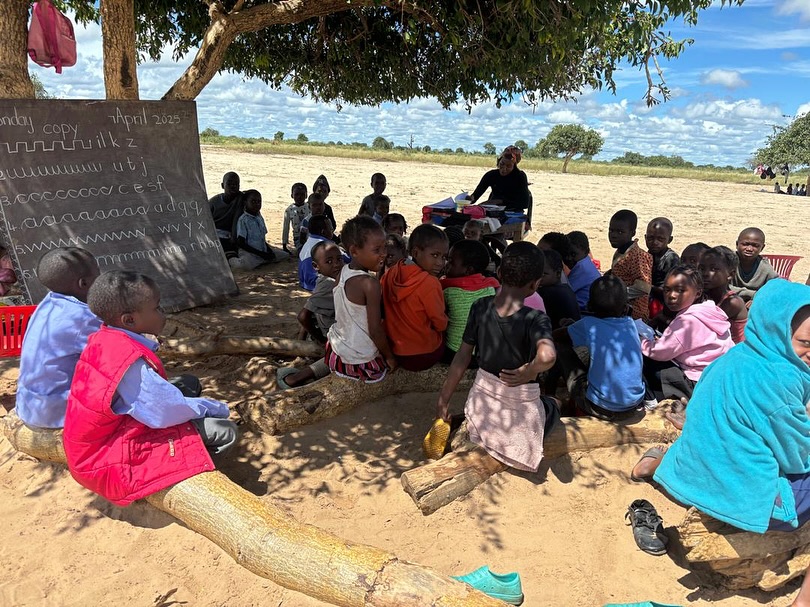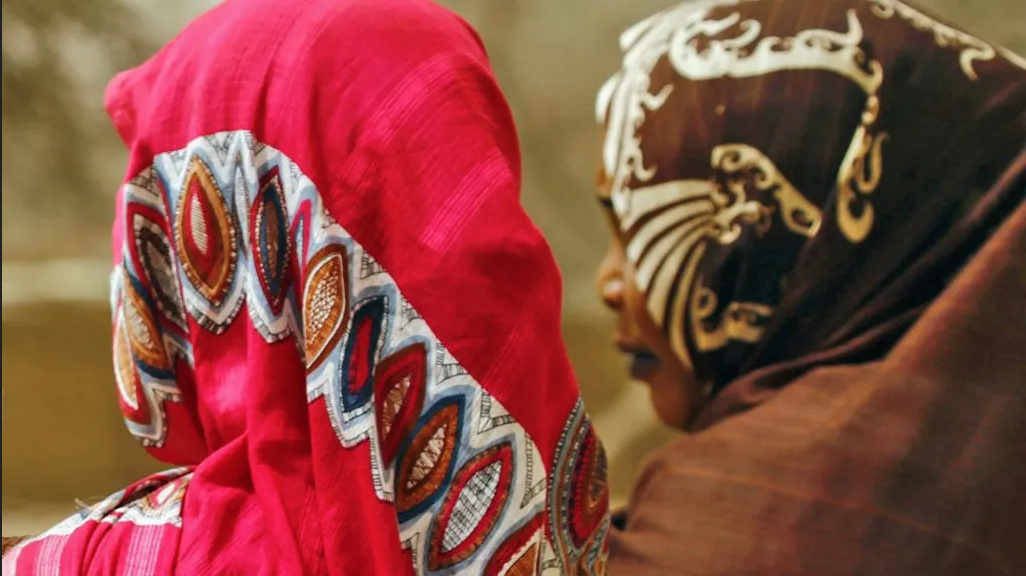International relations and cooperation minister Netumbo Nandi-Ndaitwah cannot say that Namibia and Germany are making progress in their genocide renegotiations, but promises it is not at a “standstill”.
Nandi-Ndaitwah said this on Wednesday evening while addressing the Forum for German-speaking Namibians at the Namibia University of Science and Technology.
“The negotiation and the consultation with the affected communities is going on,” she said.
Nandi-Ndaitwah said the Namibian genocide negotiating team will report to the Cabinet after the recent round with the German government.
Last year, the Namibian government told Namibians they will concede to calls to renegotiate with Germany on the amount, its period and the affected communities in the diaspora.
The first draft agreement stated that the German government will pay Namibia N$18,6 billion in projects for reconciliation and the reconstruction of affected communities as a form of reparations for the Nama-Herero genocide of 1904 to 1908.
This was rejected by the affected communities.
“We are still engaging as two parties. This week our negotiation had another round of discussions and they are now to report to the political committee. That will then report to the Cabinet and to consult all the stakeholders. This includes the traditional leaders and then to go to the communities in order to give them feedback of what is the outcome.”
Speaking as the vice president of Swapo, Nandi-Ndaitwah told the German-speaking Namibians the issues raised by the parliament constituting the basis of renegotiation were based on three elements.
“One is the time frame which was 30 years. And then now the parliament felt that the 30 year period was too long and if we can negotiate to see how that can be reduced. In other words, the possibility to ask the fund routing when the programme is going to be supported. The second one was the issue of the amount which was offered,” she said.
“Looking also, not knowing the programmes that are going to be designed, as to what it is going to cost, is a question of whether there could be additional resources to really make sure the affected communities are put in a better position than where they are,” Nandi-Ndaitwah said.
The last point focused on point 20 in the joint declaration, which speaks on it being the final obligation towards the affected communities.
“Both governments share the understanding that these amounts mentioned above settle all financial aspects of the issues relating to the past addressed in this joint declaration,” noted the declaration.
Nandi-Ndaitwah said they will not cease the negotiations, which initially started in 2015.
Meanwhile, she told The Namibian on Tuesday there was “no update news at this moment”.
A faction of the Ovaherero Traditional Authority along with the Landless People’s Movement have taken the government to court over the agreement.
The initial agreement amounted to N$18,6 billion in projects over 30 years. These projects include €105 million for reconstruction and development support (N$1,7 billion), €50 million for remembrance and research (N$827 million), as well as €110 million towards the implementation of projects (N$1,8 billion),
Germany first offered €300 million (N$5 billion), while Namibia assessed genocide damage at N$1,26 trillion.
The joint declaration divided the affected communities with the Ovaherero/Ovambanderu and Nama Council for the dialogue on the 1904-1908 genocide accepting it.
On the other hand, the Ovaherero Traditional Authority and the Nama Traditional Leaders Association declined the offer.
The traditional chiefs from the Maharero, Kambazembi, Gam and Zeraeua and Mireti royal houses have rejected the German government’s offer, saying they want N$8 trillion paid over 40 years and a pension fund for the 1904-1908 genocide.
Stay informed with The Namibian – your source for credible journalism. Get in-depth reporting and opinions for
only N$85 a month. Invest in journalism, invest in democracy –
Subscribe Now!










